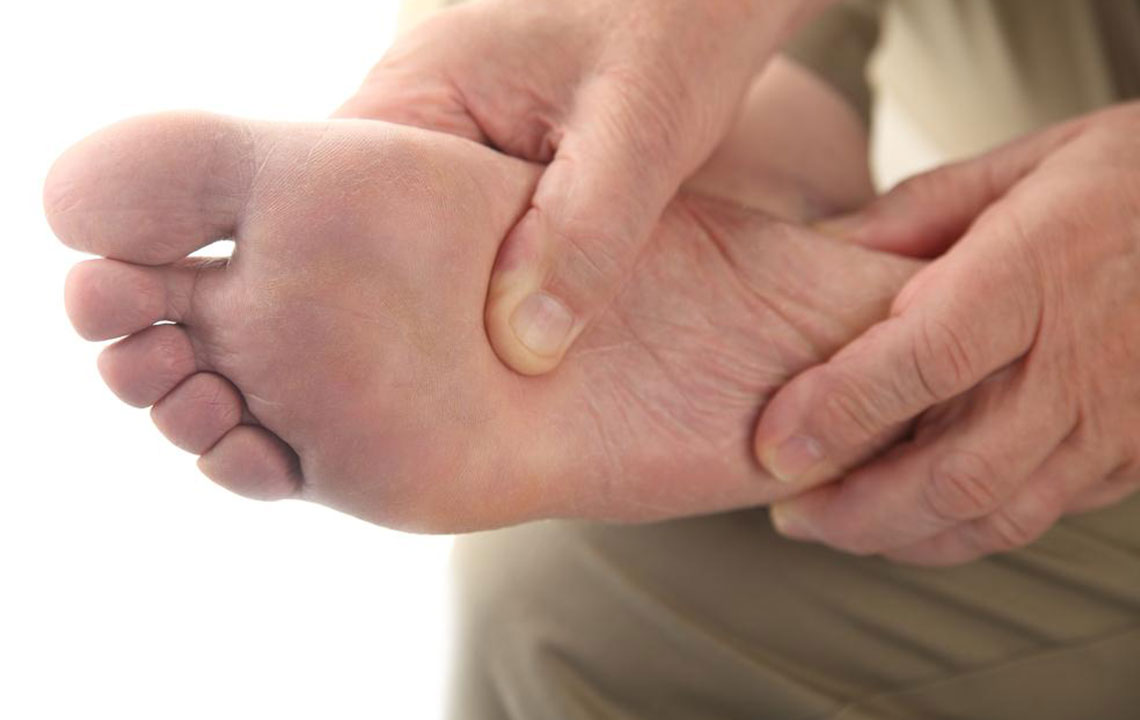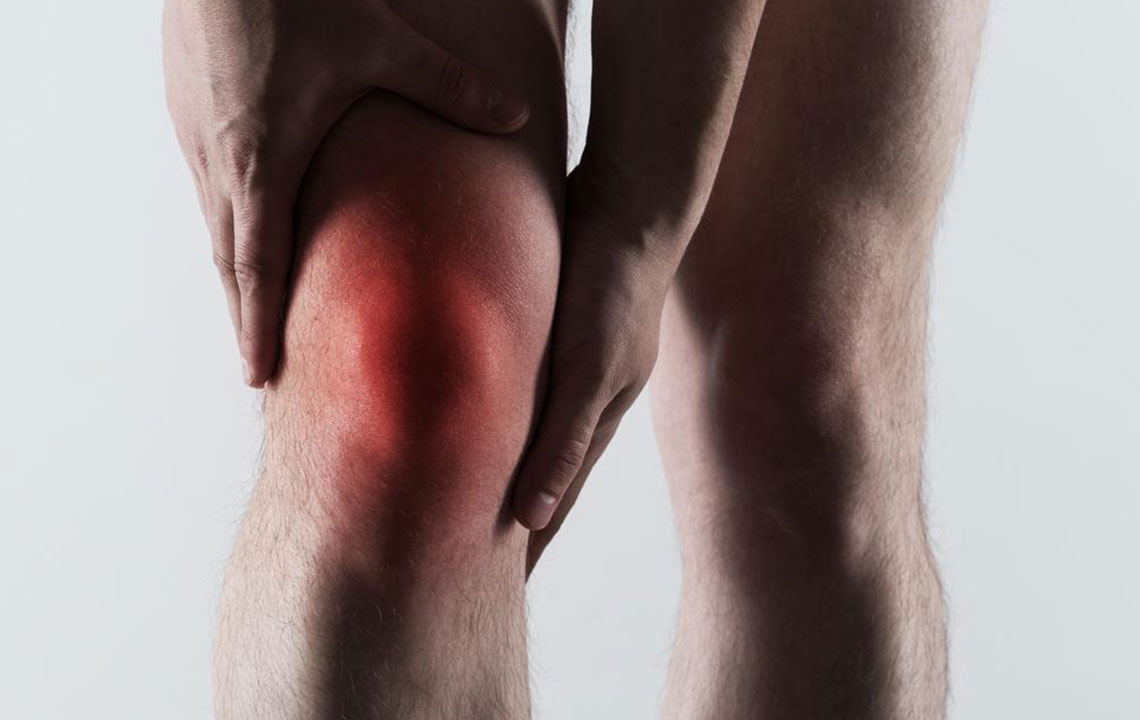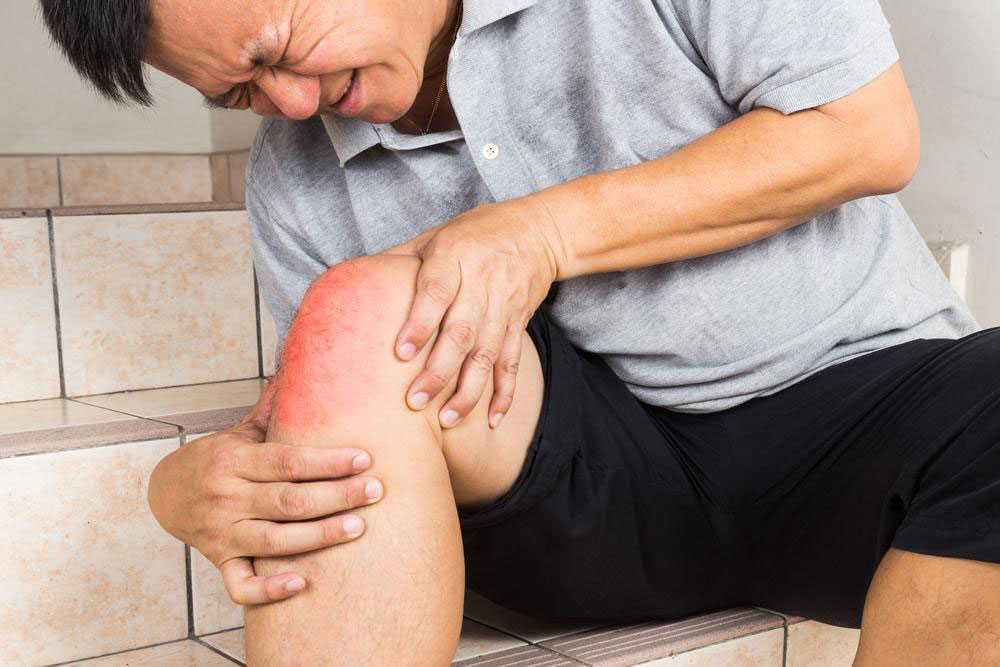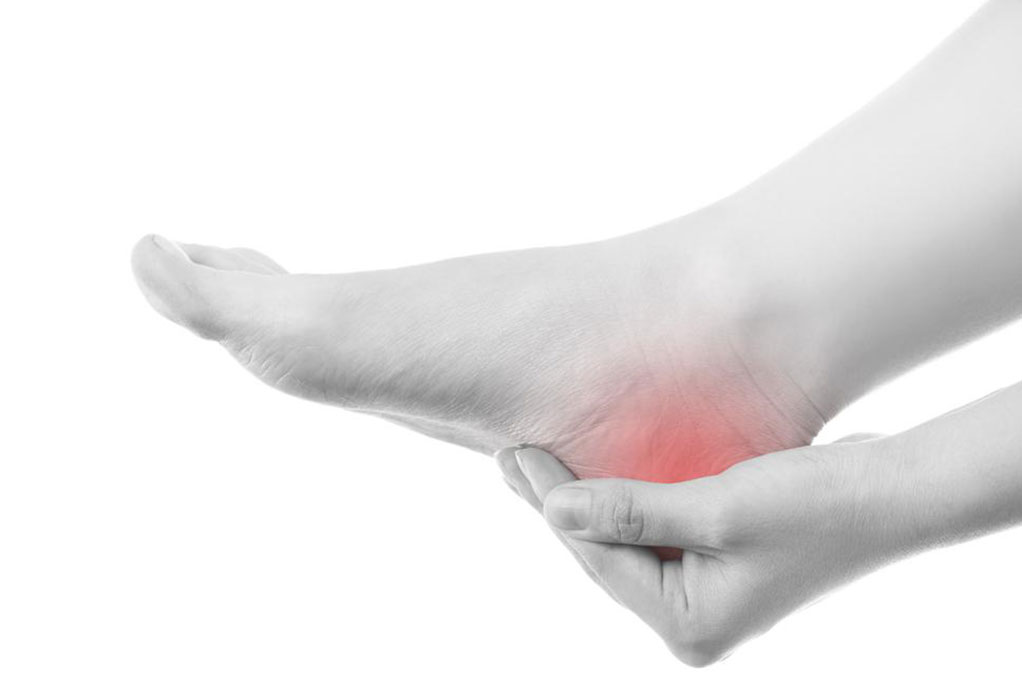Effective Strategies to Alleviate Gout-Related Foot Pain
Learn effective ways to manage gout foot pain, including medication use, cold therapy, hydration, and stress reduction. Quick response and proper treatment can alleviate severe arthritis discomfort, especially during sudden gout attacks. Protecting and elevating the foot, along with medical consultation, are key to minimizing symptoms and preventing complications.
Sponsored
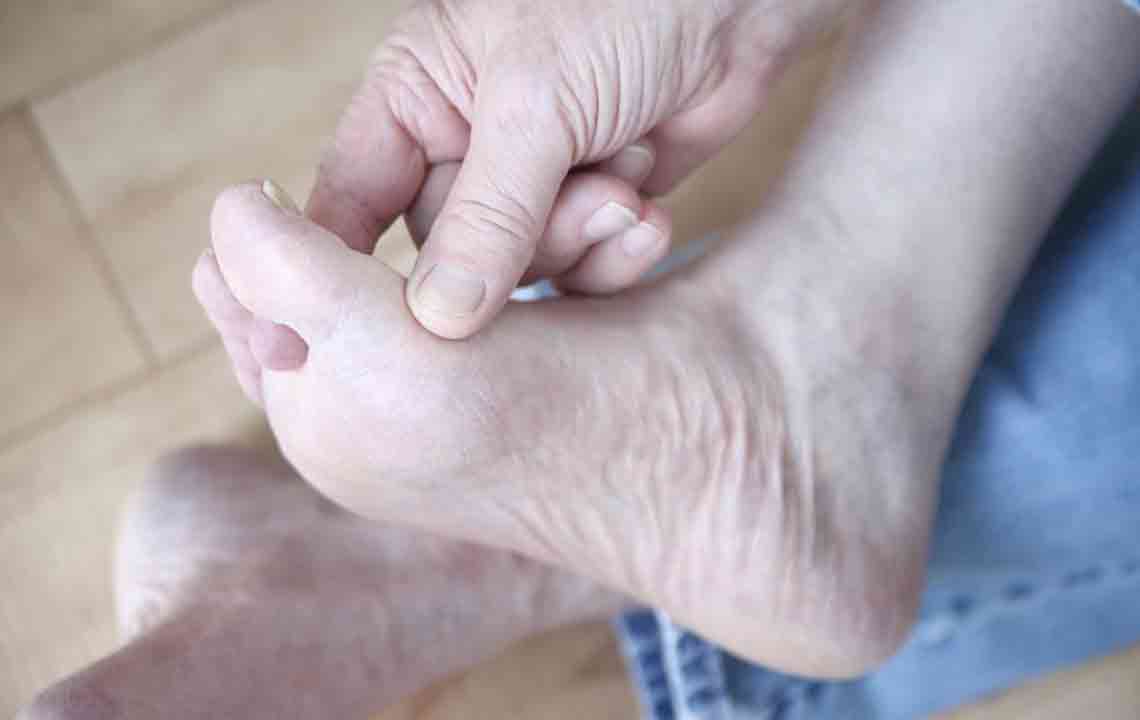
Strategies to Reduce Gout Foot Discomfort
Gout is a type of arthritis characterized by intense pain caused by the buildup of uric acid crystals in the joints. It commonly affects the feet, toes, and ankles, leading to sudden, excruciating pain, especially during flare-ups. A gout attack often occurs unexpectedly, waking individuals in the night with swollen, tender, and red joints. Timely management is crucial to minimize discomfort and prevent worsening symptoms.
During a gout flare, prompt action can provide relief. Here are effective methods to manage gout foot pain and reduce symptoms.
Administer prescribed medications promptly
When experiencing a gout attack, taking your prescribed pain relief medications immediately can significantly diminish pain. If you suspect gout and haven't been diagnosed, an over-the-counter NSAID like ibuprofen may help, but consult your healthcare provider first. Continue any uric acid-lowering medications as prescribed and schedule a medical consultation.
Apply cold therapy
Using an ice pack or cold compress on the affected joint can reduce inflammation and numb the area, easing pain. Wrap ice in a cloth and apply for 20-30 minutes every few hours throughout the day for optimal relief.
Seek medical advice
Contact your healthcare professional promptly for proper diagnosis and treatment. They may perform joint fluid tests or prescribe corticosteroid injections if necessary. Early intervention within the first 24 hours can shorten and lessen the severity of a gout attack.
Stay well-hydrated
High uric acid levels precipitate gout attacks, so drinking plenty of fluids helps flush out excess acid and prevent kidney stones. Avoid sugary, fructose-rich beverages and alcohol, especially beer, which can trigger symptoms.
Rest and elevate your foot
Elevating your foot reduces swelling and relieves pressure. Use support like a cane to avoid putting weight on the affected foot, and keep it elevated above chest level when resting.
Protect the affected area
Because gout-inflamed feet are highly sensitive, keep your foot protected from pressure and friction. Tuck sheets away from the painful area, keep your feet warm with socks or coverings, and avoid unnecessary contact that could cause additional pain.
Practice relaxation techniques
Stress can worsen gout pain. Engage in calming activities such as listening to music, reading, or chatting with a friend to reduce stress levels and promote overall comfort.
Managing gout foot pain involves quick response and proper care. Following these tips can help ease symptoms and reduce discomfort during flare-ups.

